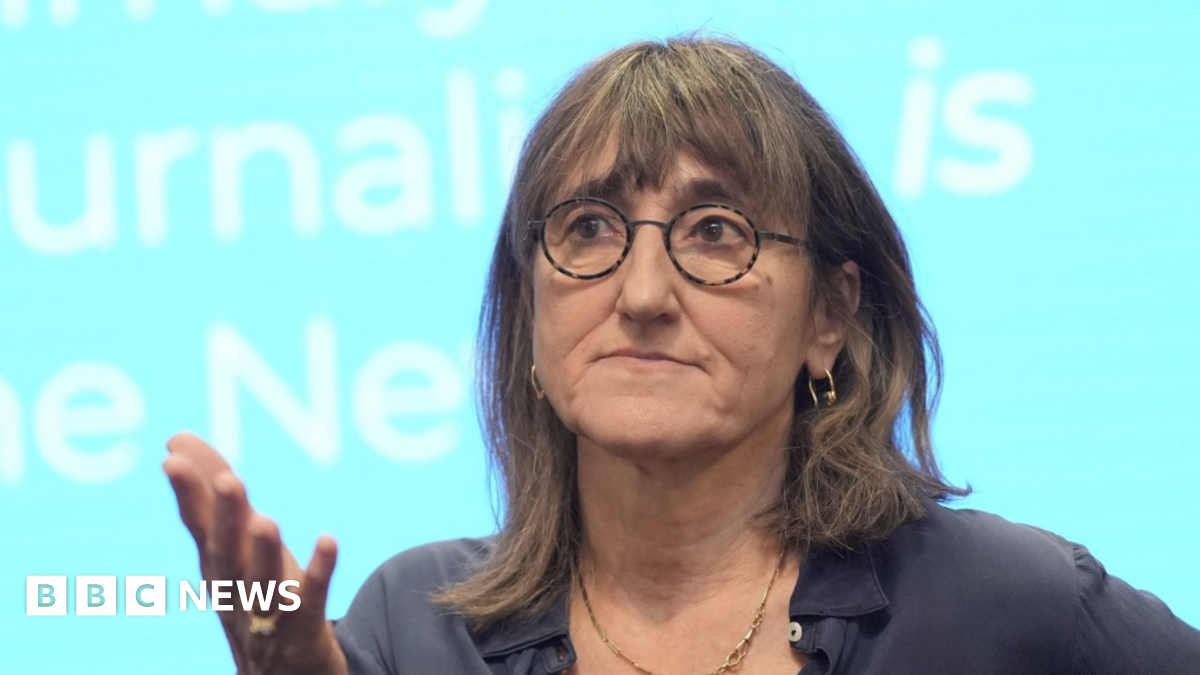She was backed by Labour’s Lord Brennan, who said the government was trying to set up “a double standard” with AI companies, and abandoning its historical leadership over the importance of intellectual copyright.
“This country has shown leadership throughout history in relation to copyright and setting the highest standards in order to try and drag people up to our level rather than simply putting up the flag of surrender,” he said.
“I fear there is a view that we have to allow AI companies to do anything they want because otherwise they’ll just go and do it somewhere else.”
Lord Watson, former deputy leader of the Labour Party and clearly a fan of Sir Elton, reeled off a string of song lyrics urging ministers to heed “the clarion cry of this country’s creators”.
A third Labour peer, Lord Knight, also called on his party colleagues to “protect the livelihoods of artists from big tech” and said he believed this could be done at the same time as “taking advantage of the creative and economic opportunities of AI”.
The strength of feeling around the urgency to protect artists was made clear by others, including crossbencher and composer Lord Berkeley, who labelled the current situation “burglary”.
“The only way you will stop it is by acting now before the gate is trampled down by the horses,” he said.
“If this door is left open we will destroy the future of our creative industries.”
Conservative Lord Dobbs agreed those who had “slogged away, struggled and suffered” for their art deserved the government’s protection and Liberal Democrat Floella Benjamin said she saluted Kidron for her “tenacity and dogged determination” to ensure “creativity will not be stolen”.
Baroness Jones spoke again at the close of the debate to plead with peers not to overturn the will of MPs for a second time, insisting “this isn’t about Silicon Valley”, denying the government was being complacent, and pointing out that “no other territory has cracked this either”.
“We all want to see a way forward that protects our creative industries while supporting everyone in the UK to develop and benefit from AI,” she said.
“Kidron’s amendment will not provide certainty of anything except for certainty of more uncertainty, of continuous regulations stacked one upon another in a pile of instruments…
“Jumping the gun on one issue will hamstring us in reaching the best outcome on all the others and especially because this is a global issue and we cannot ringfence the UK away from the rest of the world.”
However, Kidron said her amendment “does not challenge the primacy of the Commons” and pushed ahead.
The result was a decisive defeat for the Government, with 287 votes in favour of Kidron’s amendment and 118 against – a majority of 169 – and the Bill will now be sent back to the Commons.
